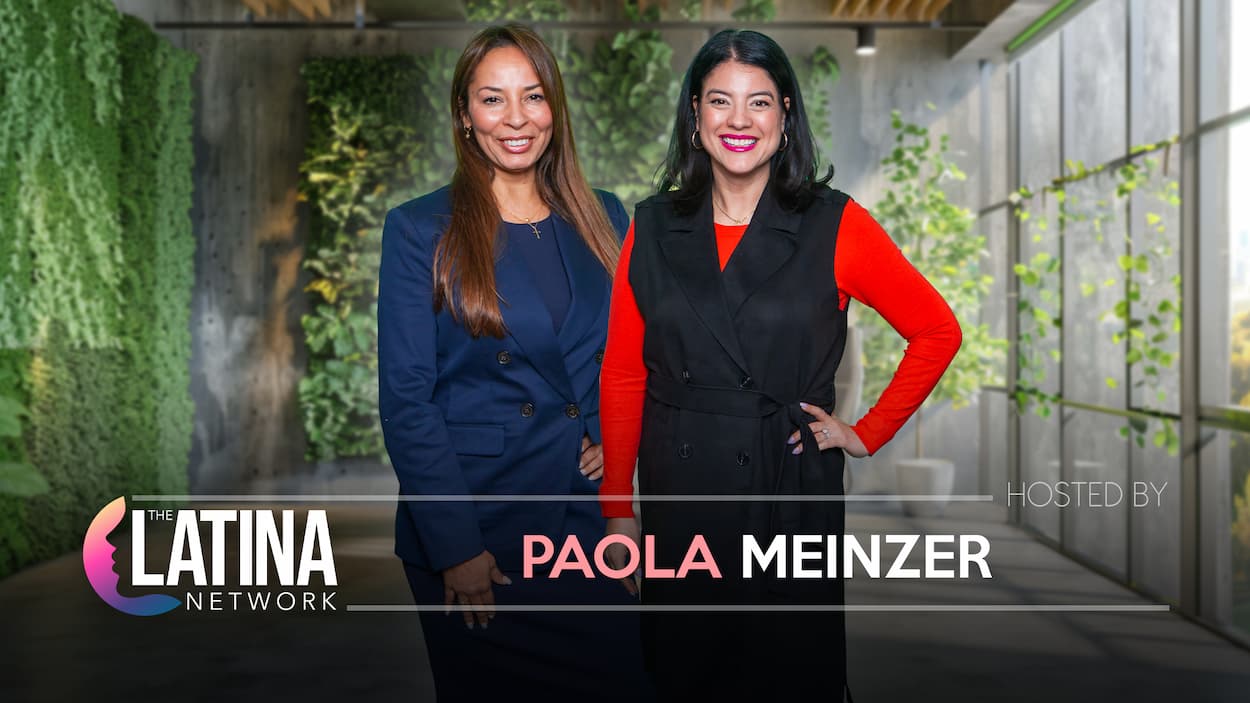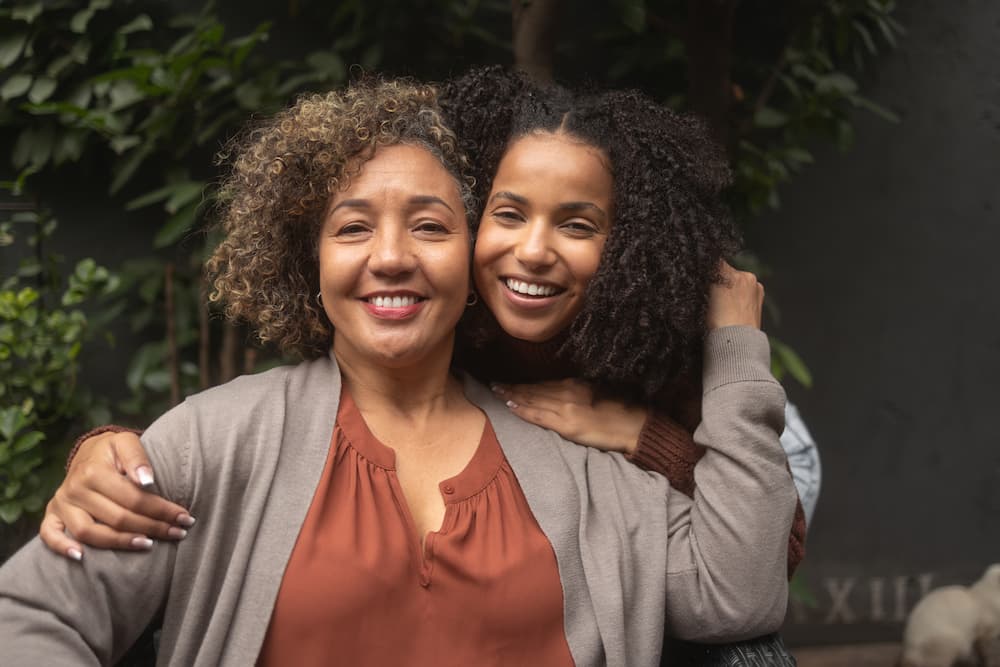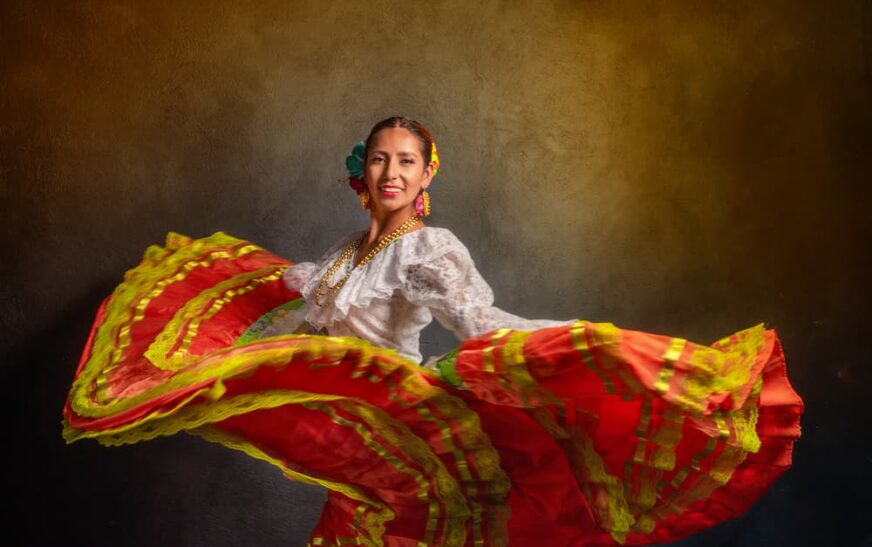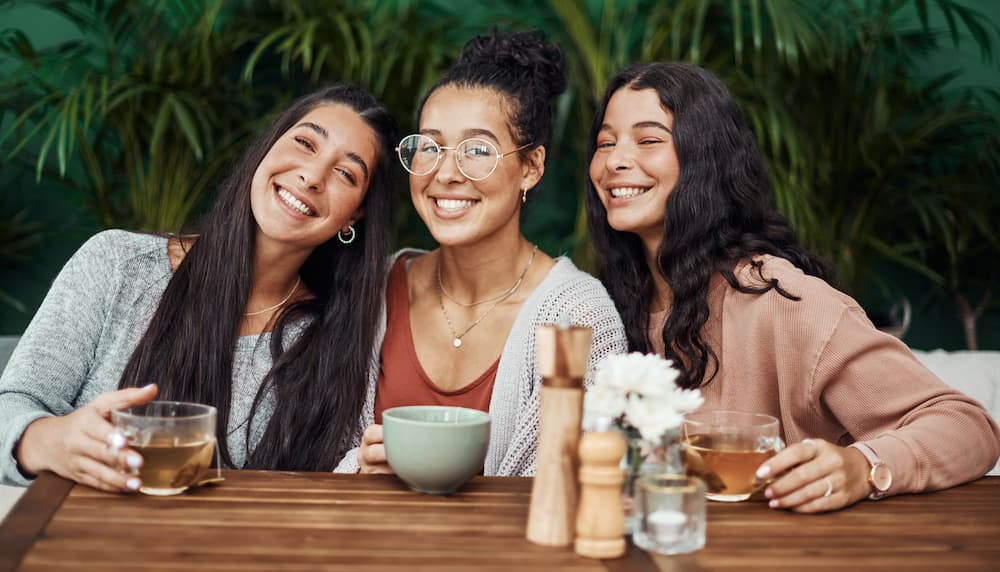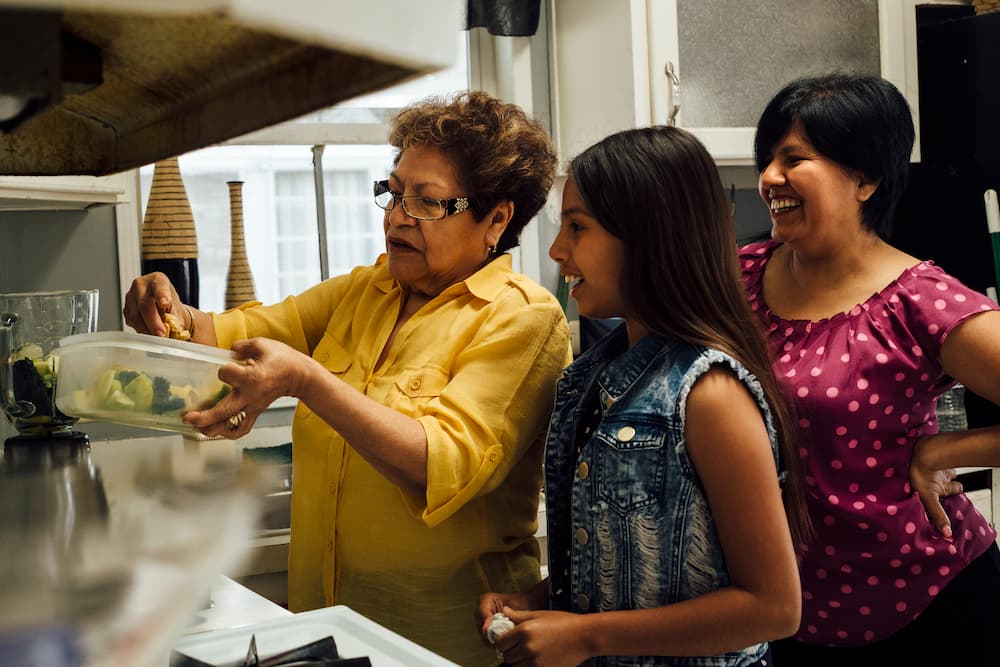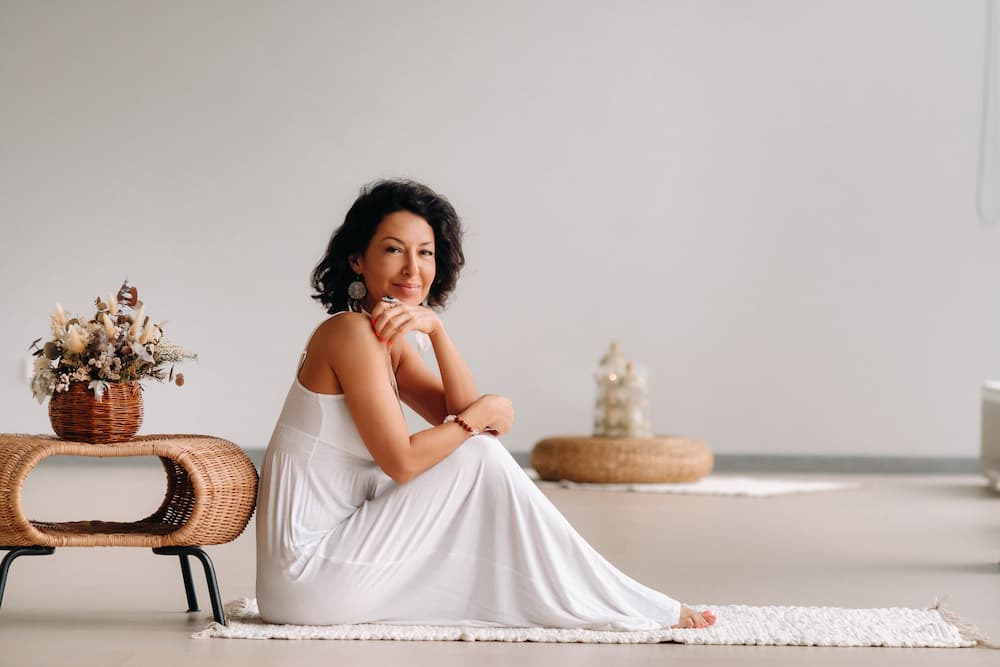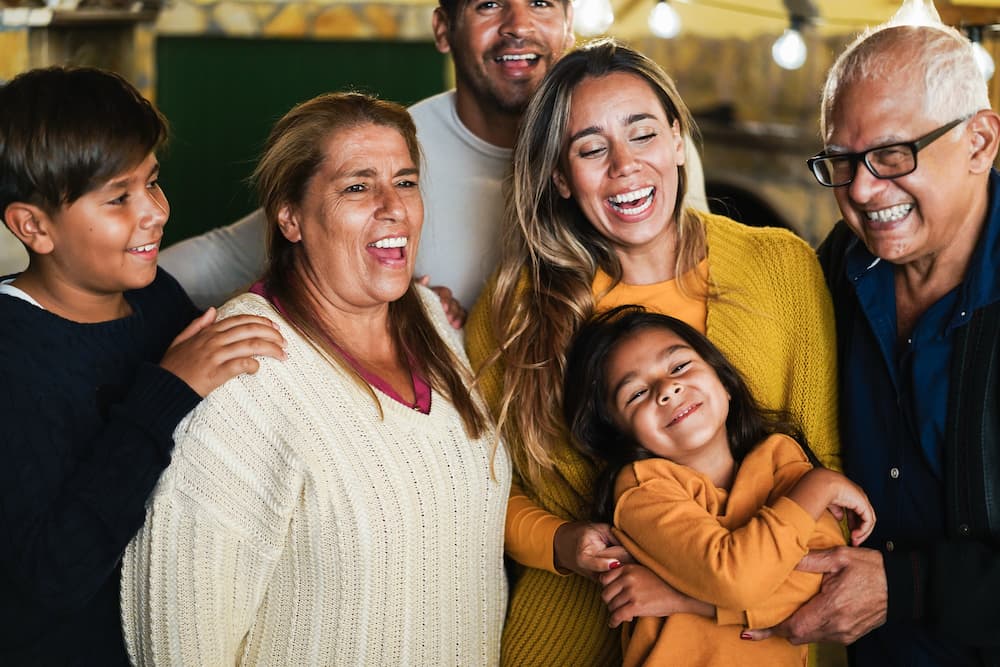For generations, many of us were taught to push through pain. To work harder when we were exhausted. To keep cooking, caregiving, and showing up for everyone else even when our bodies and minds were crying out for rest. In our communities, strength was measured by sacrifice. And while resilience is part of our story, silence about wellness—especially mental health—has cost us too much.
Today, a quiet revolution is unfolding. Latinas are reclaiming wellness on our own terms. We are stepping into yoga studios, gyms, and nutrition workshops—and when those spaces don’t welcome us, we are creating our own. We are blending ancestral remedies with modern science, refusing the false choice between tradition and progress. And we are saying, clearly and unapologetically, that our well-being is not secondary. It is central.

The stigma has been heavy. Many of us grew up hearing that therapy was “for other people,” that mental health struggles were private battles to be kept inside the family. Talking about depression or anxiety could feel like weakness, like betrayal of the image of the strong Latina who carries everyone else. But breaking this silence is its own form of healing. When we admit we are not unbreakable, we remind each other that we are human—and that humanity is worthy of care.
New spaces are rising because we are building them. In Los Angeles, Latina yoga instructors lead bilingual classes where meditation meets cultural pride. In Chicago, wellness collectives run by Afro-Latinas are making fitness more accessible by hosting donation-based classes in neighborhoods overlooked by big-box gyms. Across the country, online communities are emerging where Latinas share recipes, self-care routines, and accountability check-ins—safe spaces that affirm our needs without judgment. These spaces are not just about health. They are about belonging. They say to every woman who walks in: you do not have to choose between culture and care—you can hold both.

What makes our wellness movement powerful is the way it honors tradition. Herbal teas that abuelas brewed for stomach aches are now recognized for their anti-inflammatory properties. Sobadas—traditional massages—are being integrated with modern physical therapy. Foods once dismissed as “too ethnic” are now championed for their nutrient density: nopales, quinoa, amaranth, cacao. We are learning that our ancestors’ knowledge was not outdated—it was profound. And by pairing it with modern science, we are expanding the definition of wellness itself.
This healing is not only physical. It is spiritual and communal. Wellness among Latinas is rarely solitary; it happens in circles, in kitchens, in dance classes, in prayer groups. Movement, whether through Zumba, folklórico, or running clubs, becomes ritual. Food becomes ceremony. Rest becomes resistance. And joy becomes medicine.

To claim wellness is to resist the systems that profit from our exhaustion. It is to say: we will not let our health be sacrificed to labor, to stereotypes, or to silence. We will care for our bodies, our minds, and our spirits because our leadership depends on it, our families deserve it, and our future requires it.
The rise of wellness practices among Latinas is not a trend. It is a reclamation. It is a reminder that we are more than what we endure. And it is an invitation—to every Latina reading this—to step into practices that honor both where we come from and where we are going.
Healing, for us, is not stillness. It is motion. It is breath, sweat, prayer, rhythm. It is the daily act of saying: I matter. My health matters. My joy matters. And when we live from that truth, we do more than heal ourselves. We heal generations.


